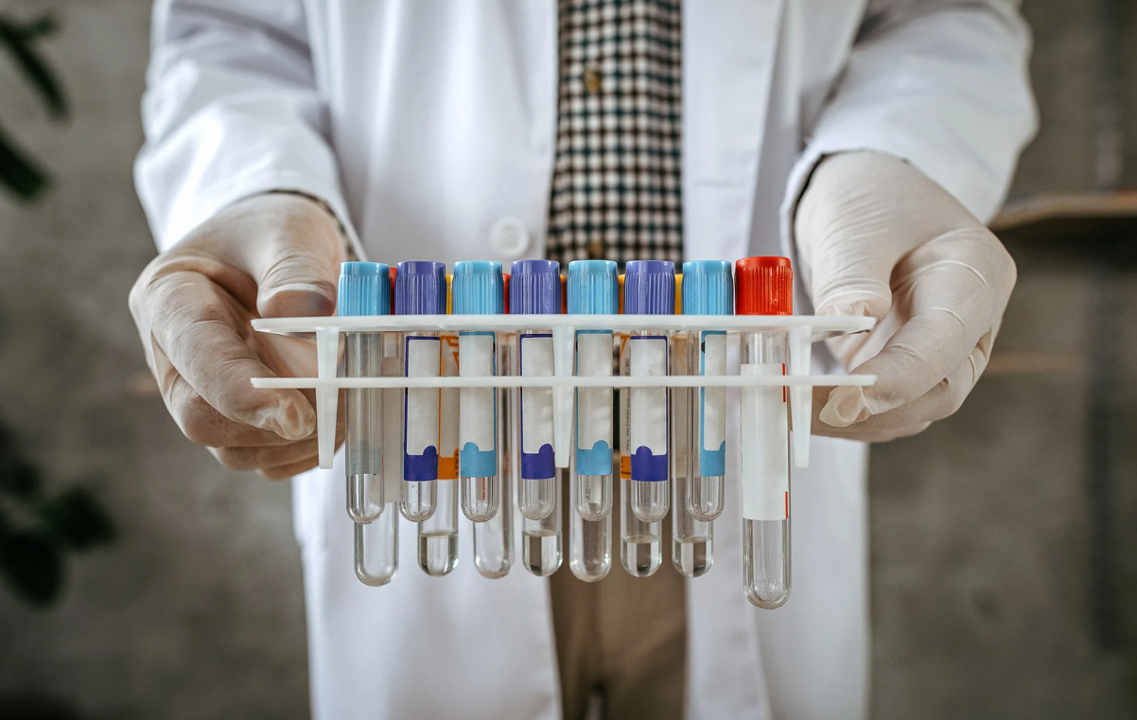
Leaders in Regenerative Treatment
Joint Pain
Joint Pain is an area covered by Sports and Orthopaedic Medicine. Our Consultants are experts at the diagnosis, treatment and management of Patients with Joint Pain including Osteoarthritis. We help patients who are experiencing pain in the following joints and are seeking a diagnosis and relief from their symptoms. This pain can be caused by osteoarthritis (OA) but there may be other causes.
Knee Pain
Shoulder Pain
Ankle Pain
Elbow Pain
Hand & Wrist Pain
(Including Carpal Tunnel)
Lower Back Pain
Hip Pain
Osteoarthritis
Osteoarthritis is caused as “natural lubricant” cartilage wears out and the rough surfaces of the bones begin to rub against one another, leading to the joint becoming painful, stiff, and inflamed. OA usually develops after many years of use, which is why it is normally seen as a “wear and tear” condition affecting people who are middle-aged or older and is more common in women than men. A family history of osteoarthritis and a previous injury to a joint can also increase the risk. Being overweight also puts extra strain on the joints, and this can be managed by lifestyle factors too.
Common Reasons for Patients seeking help for Joint Pains:
✓ Joint pain during exercise/physical activity
✓ Stiffness of the joint
✓ Loss of function in the joint
✓ Crunching sound or grating sensation in the joint
✓ Giving way of the joint
✓ Pain above or below the affected joint
Treatment Options
✓ Whilst RRMG aims to help patients avoid surgery through its use of non-surgical techniques, the team work with leading joint specific orthopaedic surgeons should a surgical opinion or intervention be required
✓ Lifestyle changes including exercise to develop muscle strength around the joint and lose weight, if required, to reduce the stress on the joint. These can be assisted by physiotherapy and Osteopathy
✓ Steroid or joint lubricant image guided injections into the joint
✓ Non surgical techniques such as Lipogems and Coolief
✓ Anti-inflammatory medications, which can help to control the symptoms if the OA is in its early stages.









